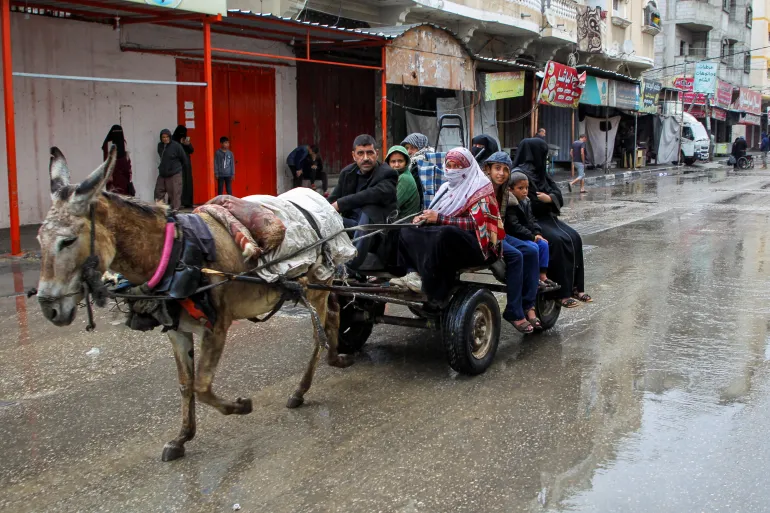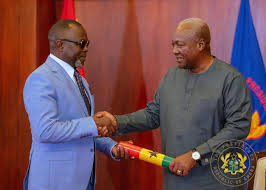In an alarming signal of a looming Rafah invasion, Israel’s armed forces have issued a call for residents and displaced people of “eastern neighborhoods of Rafah” to evacuate.
Israel Defense Forces (IDF) Arabic language Spokesperson, Avichay Adraee, said that the Israeli army called on people in the Al-Salam, Al-Jeneina, Tabet Ziraa and Al-Byouk neighbourhoods to immediately evacuate to the “expanded humanitarian area in Al-Mawasi.”
The IDF said in its statement that it was making the call to evacuate through “announcements, text messages, phone calls and media broadcasts in Arabic.”
“The expanded humanitarian zone includes field hospitals, tents and increased amounts of food, water, medicine and other supplies,” it added.
The statement from the IDF asserted that it will “continue pursuing Hamas everywhere in Gaza until all the hostages that they’re holding in captivity are back home.”
Israel has been warning for months it plans to send troops into Rafah, the southern city bordering Egypt where more than a million displaced Gaza residents have taken refuge.
The IDF said that the forthcoming operation was of “limited scope” and estimated it would need to move about 100,000 people.
“This matter will progress in a gradual manner according to ongoing situation assessments that will take place all the time,” a spokesperson said.
Hours after the Israeli military told residents and displaced people in eastern neighbourhoods to leave, thousands of people were seen evacuating from Rafah.
Witnesses described families leaving the city on foot, riding donkeys or packed with their belongings into overloaded trucks.

Head of advocacy, media and communications for the Middle East and North Africa at Norwegian Refugee Council, Samah Hadid, called the evacuation order “the start of a nightmare scenario for the people of Rafah who have been terrified for months now over what it is to come.”
She said that aid agencies “are also terrified” because a Rafah offensive would lead to the collapse of the aid response.
“It’s really reliant on the Rafah hub to distribute aid to organise aid throughout that area,” Hadid added.
“We’ve been warning that a military offensive on Rafah would cause mass atrocities. It will cause mass civilian deaths. And we’ve been urging the international community and allies of the Israeli government to put a stop to this, right now. We need every ally of the Israeli government, including the US government, to increase its pressure, to stop the arm sales, and put pressure on Israel to put a stop to this offensive, which will lead to mass atrocities.”
Samah Hadid
Unsafe Conditions At al-Mawasi
Moreover, Samah Hadid said in an interview that the conditions at al-Mawasi, where Israel says it is intending the civilian population to evacuate to, are “woefully inadequate.”
She said that it does not have the basic infrastructure in place to service and support the current displaced population, let alone the additional group of people moving towards there.
ActionAid in the UK also described the Israeli plan to evacuate Palestinians out of Rafah before launching a ground offensive as an “unlawful” act that will lead to “catastrophic consequences”.
In a statement, it said, “Our aid workers are reporting some of the most severe conditions in recent memory with widespread disease, starvation and chaos.”
“Let us be clear, there are no safe zones in Gaza,” it added
Islamic Relief issued a statement saying thatit is “appalled” and that the development will “put many lives at even greater risk”.
“The sick and wounded, elderly people, newborn infants and people with disabilities are particularly vulnerable and often cannot evacuate without support.
“The area where people have been ordered to move – al Mawasi – has been designated a so-called ‘safe humanitarian zone’ but it is not safe. Civilians sheltering there say they continue to face attacks and severe shortages of food, water and other vital aid.”
Islamic Relief
“Forcing more people there will make the humanitarian crisis even worse,” it added.


















